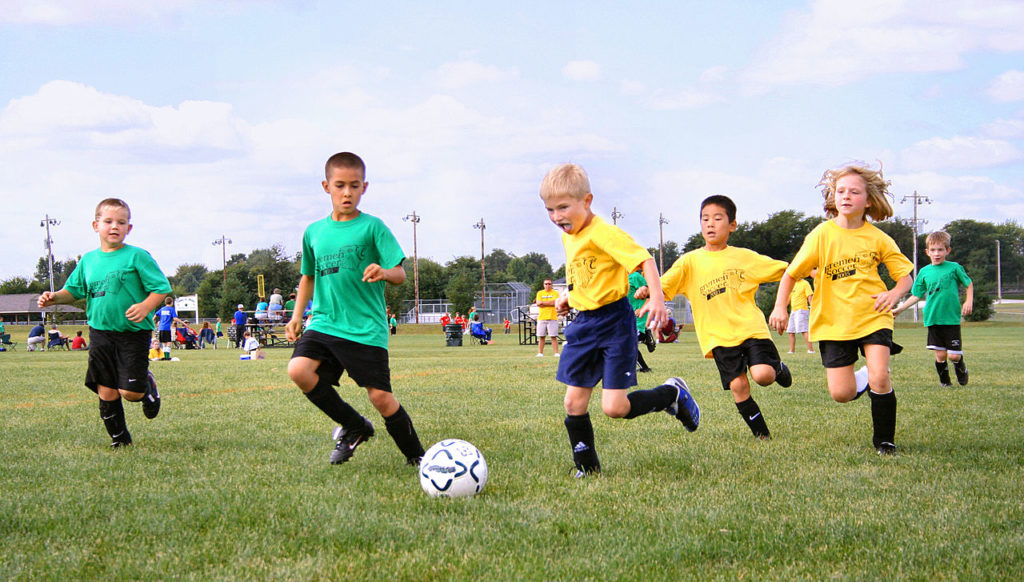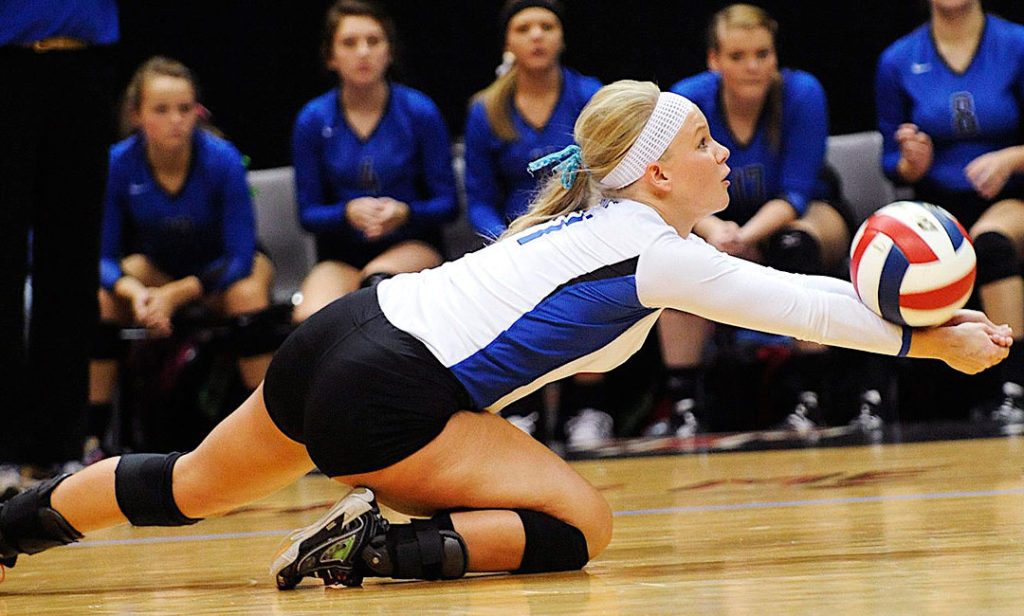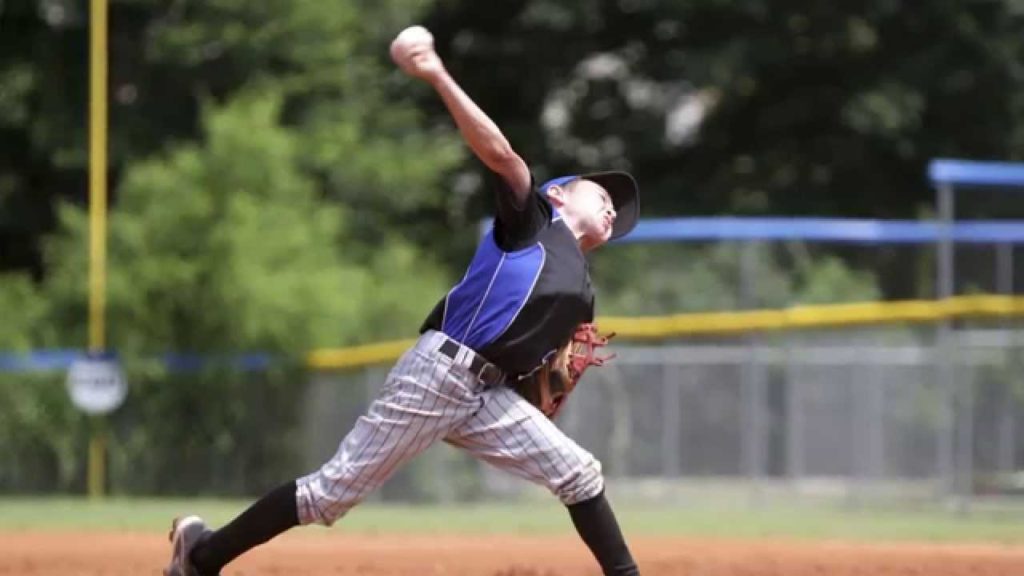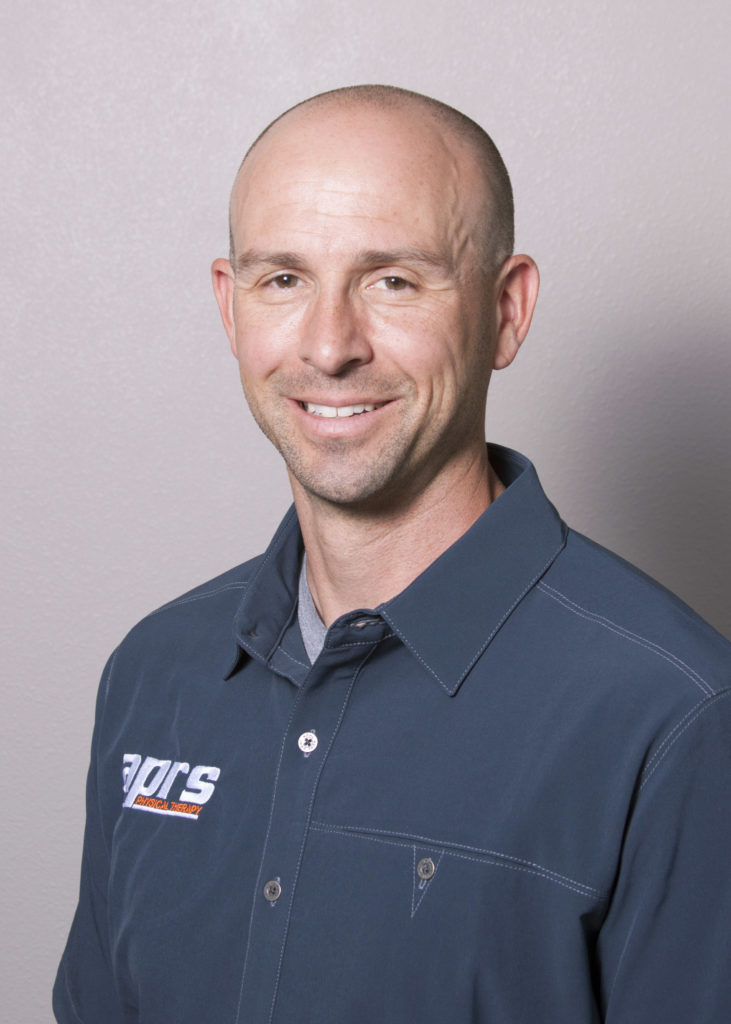As one sports season transitions into the next season, I am reminded of the importance of rest and recovery for our youth athletes. Between school sports, club options, private lessons, personal training, etc. our youth athletes are increasingly provided with avenues to improve their athletic abilities.

With opportunities vastly more abundant every year and media coverage on everyone’s mobile devices, we are constantly being bombarded by the latest scores or greatest play of the day. We all share, tweet, or like the latest multi-million dollar contract or the “sickest backside-1080 double-cork-to-frontside-900 nose grab ever!” No wonder our youth athletes feel the more they practice the more likely they will be the next Stephen Curry or Alex Morgan. Or sometimes it is parents pushing more and more so little Johnny or little Suzy will achieve the dream they missed out on in their youth.

One story I tell routinely to patients, friends, colleagues, students, etc. is an experience I had a couple of years ago while working in the Seattle area. My patient is a 10 year old little league baseball “star pitcher” complaining of elbow pain in his throwing elbow for more than 1 year. He started feeling pain the previous baseball season which then became football season (he is also the star quarterback) which then turned into winter baseball season which became spring baseball and now a visit to my office.
He was referred to me by a popular orthopedic surgeon in the area with a diagnosis of “Little Leaguer’s Elbow”. This very common injury is known throughout the world due to the frequency it is seen in youth baseball players. In reality he probably had some irritation and damage not only to the bone, but also to the ligament and tendons that support the elbow joint.
At his first appointment, mom and dad were very concerned about “Jr.’s” health but also asked the typical questions about when he could return to playing baseball as it was still early in the season. I outlined my concerns as well as a very detailed home exercise program including a progressive throwing program once his pain was eliminated and his strength from his grip up to his shoulder/back/core were adequate for a safe return to sports. This seemed to please both parents and little junior was treated and sent home with a plan for a healthy amount of rest, exercise, and stretching.

Two days later at “Jr.’s” second appointment, dad comes up to me as his son is warming up for today’s session and asks my opinion of a cortisone shot in his son’s elbow with regards to getting him back on the mound sooner. Now although I am 100% opposed to cortisone injections for a 10 year old child, I was not completely surprised by this question as I am sure dad is a big fan of ESPN and all the radio talk show hosts who discuss at length the latest professional athletes who are getting the latest and greatest treatments from the best surgeons in the world. I thoroughly explained to him how cortisone injections to a 10 year old is a bad idea and assured him no PT or orthopedic surgeon would recommend such a drastic course of action for a 10 year old who clearly is suffering from a chronic sports injury. Dad did not like this answer but seemed to accept my explanation and retreated back to the waiting area for his son’s PT session to finish.
Four days later dad comes up to me again and to my astonishment asks my opinion of Tommy John surgery for his son. (Deep breath) This was a first for me. Although this surgery does get a lot of press lately, it was not all that commonly reported on just 5 years ago. The surgery has been around for more than 40 years now and is a very invasive surgery which has primarily been performed on experienced (7+ year veteran) Major League Baseball pitchers whose last ditch option is surgery in order to prolong their careers another 3-4 years. For this father to feel like this surgery was a good option for his 10 year old son was concerning to say the least! Unfortunately, this is the world of youth sports these days.
Therefore, as a Board Certified Sports Clinical Specialist and a former college athlete I feel like it is my duty to educate athletes, parents, and coaches with as much knowledge as possible so that our youth athletes can and always will strive to be the best they can be! So that they too can enjoy the rewarding experience that sports provides all of us through teamwork, sacrifice, competition, hard work, and dedication.

John-Henry Anderson, PT, DPT, SCS, CSCS
Board Certified Sports Clinical Specialist
Certified Strength & Conditioning Specialist









